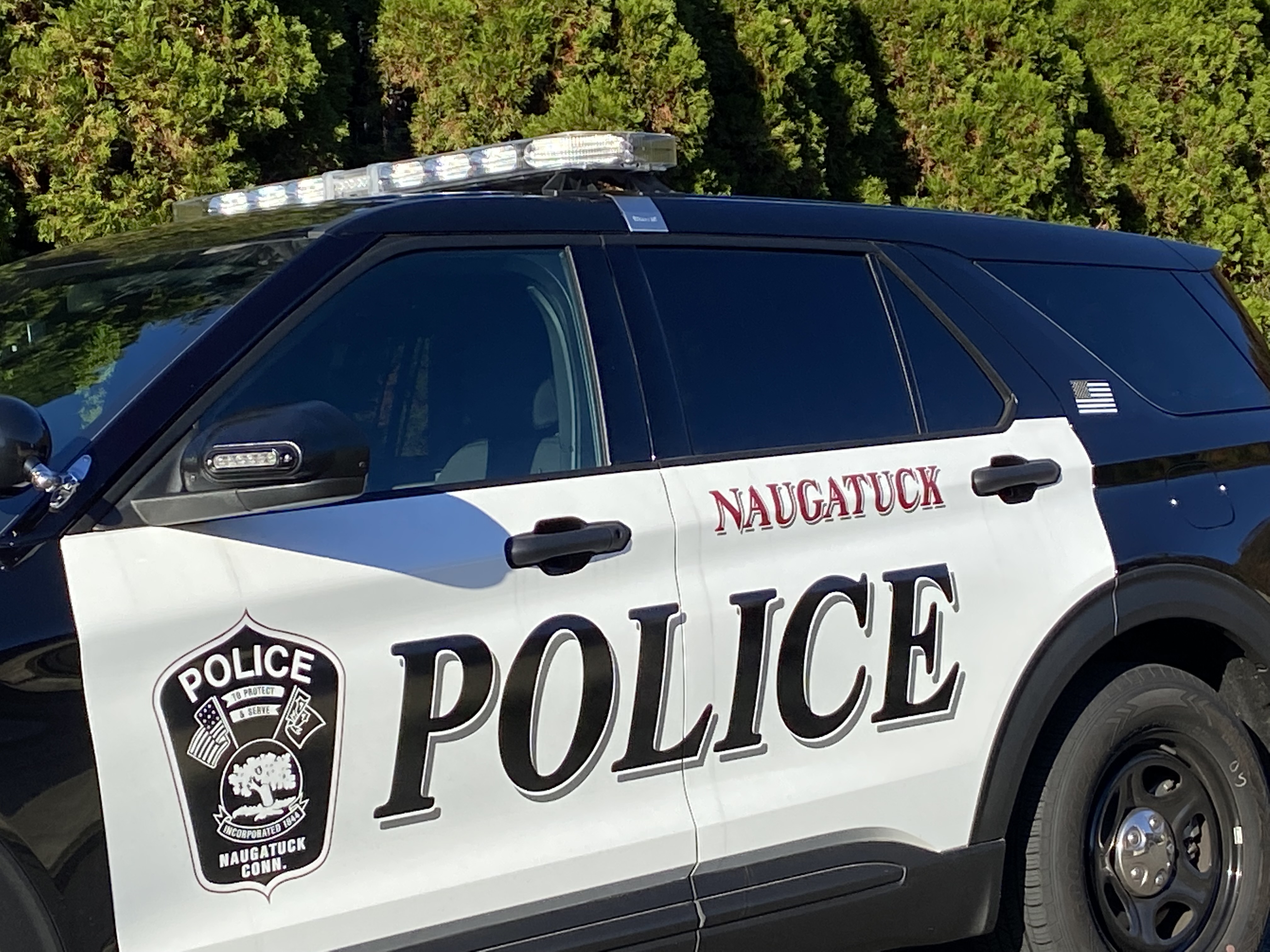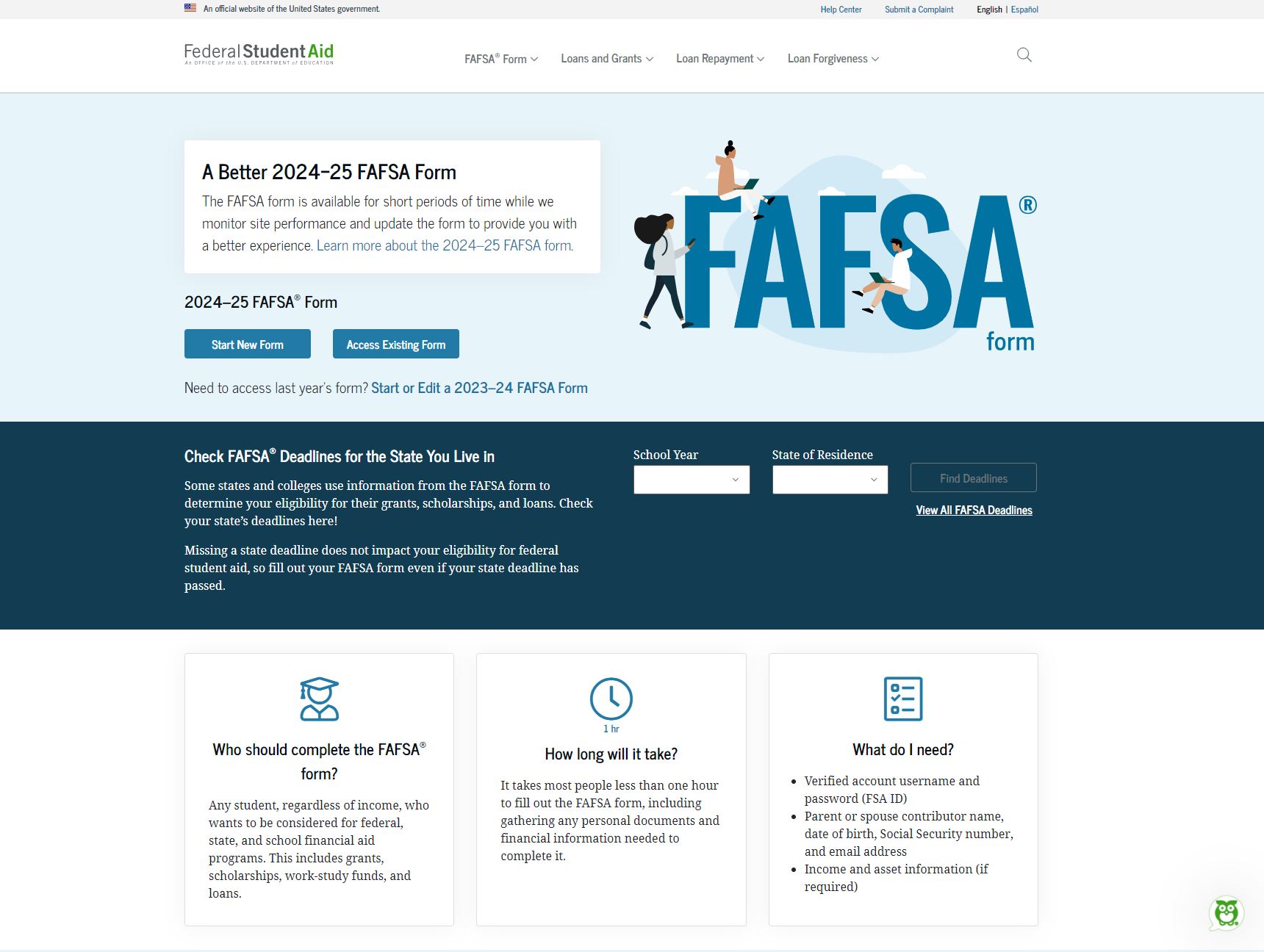Thanksgiving week has arrived in New England amid rising concern that travel and gatherings could worsen a surge in coronavirus cases across the region and country.
The Centers for Disease Control and Prevention has urged Americans not to travel for Thanksgiving amid the pandemic. This comes as the United States has reached over 12 million confirmed cases of COVID-19.
In New England, officials have implemented new COVID-19 restrictions meant to slow the spread of the virus and issued advisories for the Thanksgiving holiday. Here’s what you need to know:
MASSACHUSETTS
Massachusetts is now requiring that people arriving in the state from New Hampshire and Maine to stay in quarantine for two weeks, adding them to a list of higher-risk states.
Travelers from states that aren't on the low-risk list must fill out the Massachusetts Travel Form and quarantine for 14 days, according to the state's guidelines. That includes anyone who's coming from one of the low-risk states but stayed "for more than a transitory period of time in the last 14 days" in a higher-risk state.
In a list of guidelines specific to Thanksgiving, Massachusetts is suggesting that those who plan to host a holiday celebration keep it limited to only people you live with. The guidelines also indicate that people should consider celebrating the holiday virtually, especially if anyone is at higher risk for illness from COVID-19.
Local
Rhode Island
Gov. Gina Raimondo announced a number of new restrictions last week, including an upcoming two-week pause for the state as coronavirus cases continue to soar in Rhode Island.
During her weekly news conference, Raimondo said despite targeted restrictions that she has already put in place a month ago, the situation is not getting better.
"Unfortunately, it's not working," Raimondo said. "We're in a really bad place."
As a result, the governor said current capacity restrictions at bars and restaurants will stay in place until Nov. 29. Social gatherings are limited to the number of people you live with as well, Raimondo said.
Starting Nov. 30, the state will pause for two weeks with most colleges and universities moving to online learning.
Bar areas, recreational venues, and indoor sports facilities, gyms, and organized sports will close in the pause period, Raimondo said. The governor is also asking offices to close and allow employees to work remotely, if possible.
Under the pause period, indoor dining will be limited to 33% capacity with one household per table. Retail stores can stay open under the restriction of one person per 100 square feet. Houses of worship will be limited to 25% capacity with a maximum of 125 people under the pause period, Raimondo said.
Those coming from a state with a positivity rate higher than 5% must self-isolate for 14 days or test negative for COVID-19 from a test administered up to 72 hours before traveling. Visitors coming from outside Rhode Island are asked to fill out a compliance certificate and travel screening form once they arrive in the state. More information on Rhode Island's travel restrictions is here.
New Hampshire
New Hampshire requires people to wear masks when they can't social distance. Gov. Chris Sununu ordered the mandate last Thursday to take effect that following Friday after midnight .
Under his executive order, in effect through Jan. 15, anyone over the age of 5, will have to wear a mask or face covering whenever they're in public, whether indoors or outdoors, and can't keep at least 6 feet away from people they don't live with.
Sununu is imploring residents to be cautious when gathering this Thanksgiving and said he'll be adapting his inauguration on Jan. 7 to the times, moving it outdoors.
Among the exceptions to the mask mandate are institutions, like restaurants and schools, where there are already mask-wearing rules in place. Asked about enforcement of the mandate, Sununu said it was more about educating people and encouraging the entire state to get on board with wearing a mask.
Anyone traveling to New Hampshire from the surrounding New England states no longer has to self-quarantine for two weeks. However, travelers coming from outside New England for an extended period of time are still asked to quarantine for 14 days. More information on New Hampshire's out-of-state visitor policies can be found here.
Maine
Gov. Janet Mills on Thursday announced in a statement that beginning Friday until Dec. 6, all outdoor and indoor amusement venues, movie theaters, performing arts venues, casinos, and businesses that provide seated food and drink service will have to close by 9 p.m. The curfew is all in an effort to help control the spread of the novel coronavirus, according to the Mills administration.
The Mills administration said the measure was being taken to "limit extended gatherings at a time when many students and family members are returning to Maine and at a time when social gatherings are more common, both of which will likely lead to more COVID-19 transmission."
People traveling from Massachusetts to Maine, including Maine residents returning to the state, must either self-quarantine for 14 days or produce a negative test result from a sample taken no later than 72 hours after arriving in the state. New Hampshire and Vermont are still exempt from Maine's quarantine and test requirement, but Gov. Janet Mills is urging visitors from the two states to obtain a test before traveling. More information on Maine's restrictions is available here.
Vermont
Gov. Phil Scott implemented strict new guidelines last week to curb the spread of COVID-19 in the state, including a temporary ban on multi-household gatherings and an order to close bars and social clubs.
Scott also emphasized that people should avoid traveling.
"I know this is especially hard with Thanksgiving less than a week away, but I encourage you to take a look at our numbers. Look at the rising hospitalizations and deaths and look at the states around the country, who are exceeding their hospital capacity," Scott said. "Think about the four Vermonters we've lost."
The state has suspended its leisure travel map and replaced it with a mandatory quarantine for anyone returning or traveling to Vermont. Those traveling outside of the state, regardless of the length of the trip, must quarantine in Vermont for 14 days upon arrival. Returners who don't have any symptoms of COVID-19 have the option to finish quarantine early by seeking a PCR test on or after Day 7, as long as the test comes back negative.
Connecticut
Any person traveling to Connecticut from a state other than New Jersey, New York or Rhode Island with a positive case rate higher than 10 per 100,000 residents, or with a test positivity rate over a 7-day rolling average of over 10% must self-quarantine for 14 days upon arrival. The mandate applies to travelers from countries where the CDC has issued a Level 3 health notice. The state is also asking visitors to fill out a health form once they arrive. More information on Connecticut's guidelines can be found here.
The state is asking people to consider smaller Thanksgiving gatherings, limiting them to ten people. The Department of Public Health and Gov. Ned Lamont are also urging people to restrict non-essential trips outside the home.



